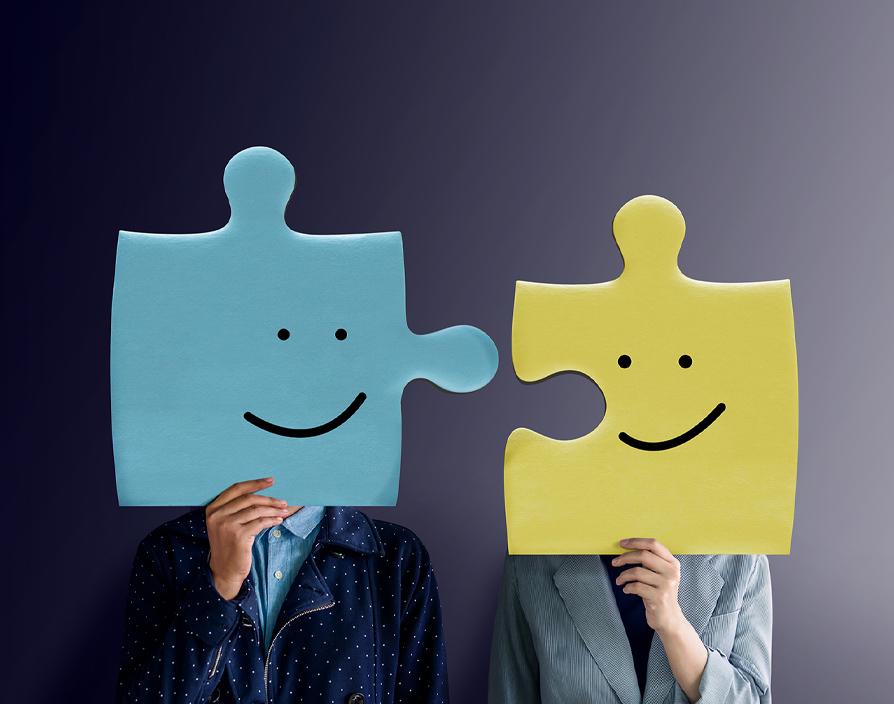I turn off my phone and focus purely on them. I know this isn’t a unique experience. In fact, I ask most people I meet what makes them happy and it often includes nature and loved ones. Sometimes it’s sport with a team of friends, sometimes it’s the beach with kids, and sometimes it’s gardening with a partner – but the same themes crop up a lot.
You might be thinking, “this is all lovely Matt, but what does this have to do with business?” And I’m here to share that relationships have everything to do with business success. Whether you’re trying to motivate your people, build a better culture or streamline processes – having positive relationships will benefit your key business drivers.
The importance of relationships
Of all of the factors we explore in my latest book The Happiness Index: Why Today’s Employee Emotions Equal Tomorrow’s Business Success, relationships consistently rank the most important for employee happiness and engagement. This is the case for almost every country out of the 100+ we collected data from. Employee engagement is directly linked to productivity. So if you neglect relationships within your organisation you are neglecting a key indicator of organisational success.
Within our study, relationships are our highest scoring theme, indicating that employees had strong positive relationships with their coworkers. We know that relationships are key to creating positive energy.
Why is this? Well not to get too deep into Quantum Physics, as that’s a completely separate topic, but suffice to say that we are all made of energy. Once you think of yourself and your colleagues as energy, you start to understand the importance of energetic connection. When we are energetically connected to our colleagues you have a sense of understanding or what some might describe as being on the same wavelength.
We also learned from our dataset that we are the average happiness of those closest to us. That could be our family, friends and colleagues. If you’re looking to build an engaged and productive workforce, you need to build a happy one. But how?
Building positive relationships in the workplace
If we know that relationships are important to business success, what can we do to encourage positive relationships?
Well, the first insight our data can offer is that even if relationships are strong, often this will not carry over into relationships between teams. This is an important area where organisations can make quick improvements, facilitating time for connections between teams can often be overlooked.
Think about all relationships, however small they might seem to you: the receptionist who welcomes your next big-shot hire or the junior staff member who had a conversation which uncovered information that turns around a big pitch. Don’t underestimate any of them.
Manager relationships are also vital to the success of relationships in your organisation. In my Happiness and Humans podcast interview, Arlette Bentzen, Chief Happiness Officer at Arbejdsglaede, suggests ensuring managers don’t only have KPIs but also BPIs (behaviour personal indicators) to encourage positive behaviours.
Lastly, remember that not all relationships are the same. Caring for a cactus is going to be very different to caring for a marigold.
Share via:








































